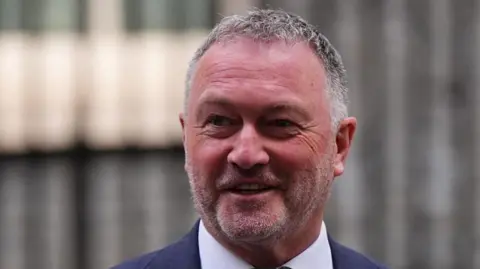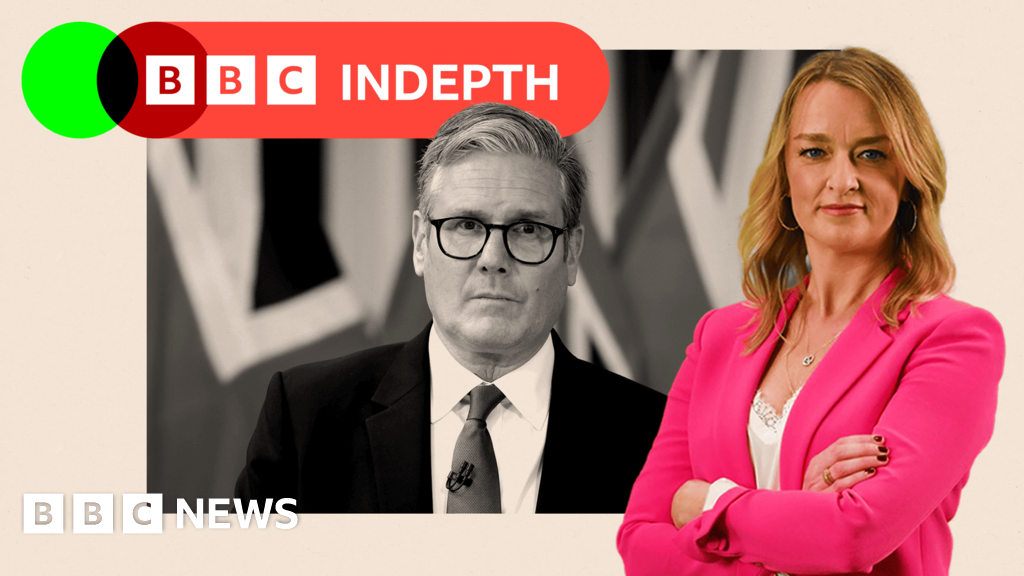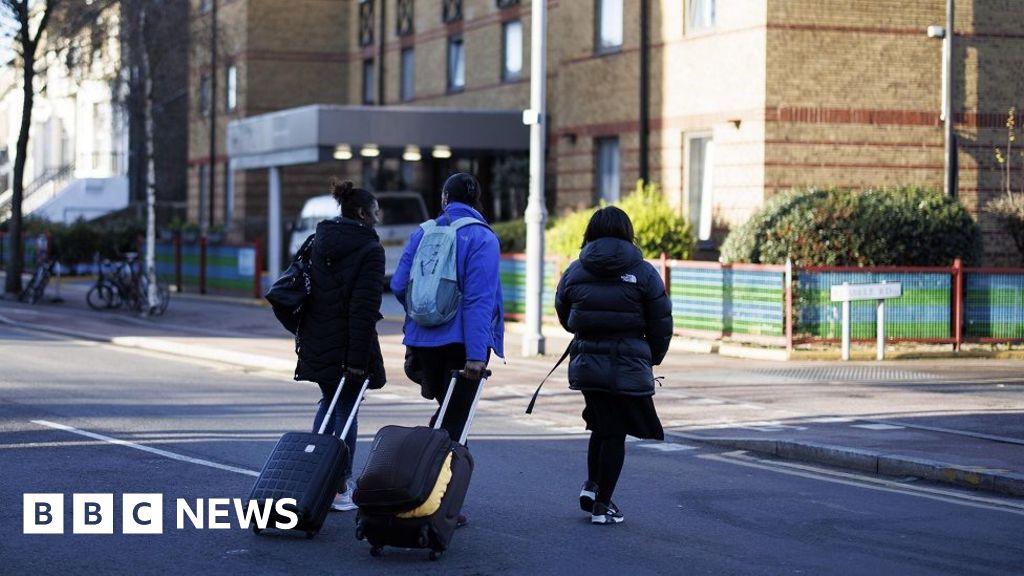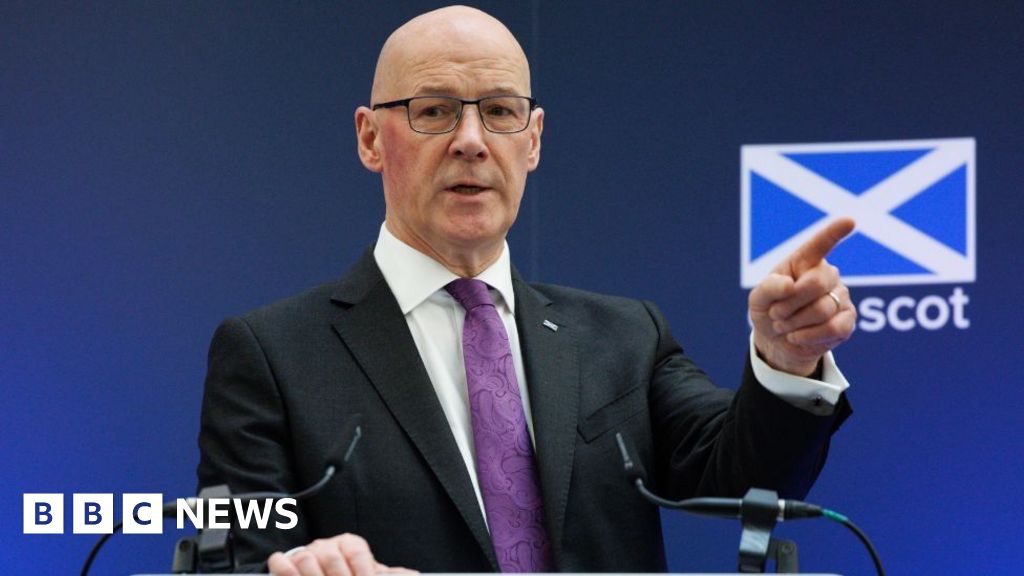
 PA Media
PA Media
The number of times sewage is discharged by water companies will be halved by 2030, the environment secretary has pledged.
Steve Reed's vow marks the first time ministers have set a clear target on the issue, following public outcry over the pollution incidents.
It comes after data published by the Environment Agency on Friday showed serious pollution incidents by water companies in England rose by 60% in 2024 to the highest number on record.
Reed said families had "watched their local rivers, coastlines and lakes suffer from record levels of pollution" - but the Conservatives said Labour had "done nothing to stop water bill rises" despite "big promises" to reform the system.
The pledge forms part of wider government plans to improve the water sector, ahead of a landmark Water Commission review of the industry due to be published on Monday.
The plans announced on Sunday will also include a commitment to work with devolved governments across the UK to ban wet wipes containing plastic, among other measures.
Reed is also expected to confirm aims to cut phosphorus pollution from treated wastewater - which causes algae blooms that are harmful to wildlife - in half by 2028, compared to 2024 levels.
There has been widespread scrutiny of water companies over the increasing number of sewage discharges into UK waterways amid rising bills - all while the firms have paid out millions to executives and shareholders.
The Environment Agency said water companies recorded 2,801 pollution incidents in 2024, up from 2,174 in 2023.
Of those, 75 were considered to pose "serious or persistent" harm to fisheries, drinking water and human health - up from 47 last year.
At the same time, water bosses in England were paid £7.6m in bonuses, according to the government. In June, it barred them from being paid out at six firms that had fallen foul of environmental and consumer standards.
The Water Commission's chair will lay out his recommendations on how to improve the environmental and financial performance of the sector. The government will respond in Parliament.
Several UK media outlets reported on Friday that the report would suggest scrapping the regulator, Ofwat, altogether. A government spokesperson said it would not comment on speculation.
England has a combined sewage system, which means both rainfall and sewage are processed through the same system. Last year, rainfall levels were up, which could have overwhelmed some water company infrastructure.
However, despite variations in rainfall, discharges that result in serious pollution are a breach of their permits and legal obligations.
Many incidents are reported to the Environment Agency by the companies themselves, but of 4,000 inspections carried out last year by the regulator, nearly a quarter of sites were in breach of their permits.
A record £104bn is due to be invested into the water sector over the next five years to improve its infrastructure.
As a result, consumer bills are expected to rise on average by £123 annually - though for Southern Water customers this could be as much as £224.
The Environment Agency has also received £189m to support hundreds of enforcement offices to inspect and prosecute water companies, with the fines retroactively paying for this.
Conservative shadow environment secretary Victoria Atkins said the government "must be transparent about where the £104bn investment is coming from as some will come through customer bill rises".
She said plans "must also include credible proposals to improve the water system's resilience to droughts, without placing an additional burden on bill payers and taxpayers".

 8 hours ago
2
8 hours ago
2










 English (US)
English (US)